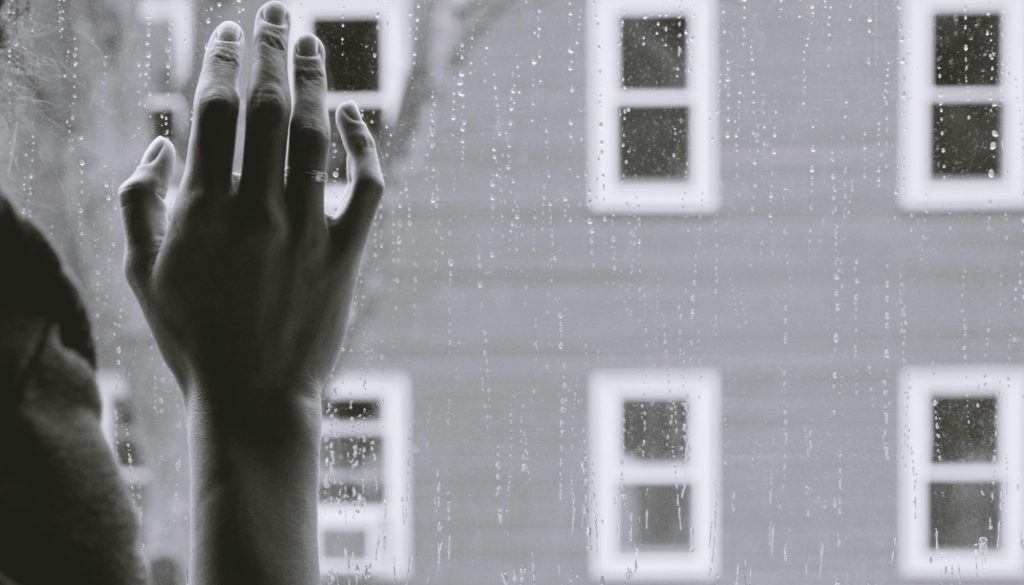Sickle Cell Mental Health: Understanding the Unseen Battle Beyond Crisis
When you hear ‘Sickle Cell Disease (SCD),’ what comes to mind? For many, it’s often the image of a pale, sick child and physical pain, right? And yes, the pain is real, often indescribable. But what many don’t see is the profound emotional and mental toll of living with SCD. For most, sometimes the emotional cost of SCD makes life even harder to endure.
SCD affects not just the body, but also the mind. The repeated hospital visits, constant medication routines, missed milestones and social limitations can all lead to feelings of isolation, anxiety, depression, and emotional fatigue.
Imagine a child overwhelmed, not from physical pain, but from the fear of swallowing yet another bitter pill, from constantly having to spend nights in hospital beds, from health imposed limitations, from feeling like a burden, from silently wishing for an escape from the relentless cycle. These feelings, though invisible, are as heavy as any crisis.
Living with SCD: More Than Just Physical Pain
Often, the emotional burden people with SCD bear isn’t spoken about. Many living with SCD develop coping mechanisms; some become withdrawn (often perceived as shyness) to avoid pity or judgment, while others overcompensate and appear outwardly bubbly and sociable.
This isolation takes many forms: missing out on social events, school trips, and everyday hangouts.
The Many Faces of Mental Health in SCD
Mental health challenges among sickle cell warriors are not one-size-fits-all. They include:
- Quiet panic attacks before medical appointments.
- The depression that follows another missed opportunity or milestone.
- The quiet tears when your body lets you down again and again.
There are days filled with questions: Why me? Where is God in this? Will it ever get better?
And nights spent wide awake, not from physical pain, but because you’re emotionally exhausted.
The truth is, we don’t talk about this enough. And there are many reasons why.
Sometimes it’s the fear of being seen as weak.
Other times, it’s the fear of being misunderstood or worse, mocked.
But perhaps most heartbreaking is the silence born out of love: the desire to protect those who care deeply, especially our parents, the very ones who brought us into this world and have done everything they can to keep us alive and well.
Speaking out feels complicated.
How do you share your pain without making those who love you feel like they’ve failed you?
How do you express your struggles without carrying the weight of everyone else’s emotions too?
Why We Must Talk About Mental Health in the Sickle Cell Community
In many cultures, particularly in regions like Nigeria where SCD is highly prevalent, mental health awareness is unfortunately limited. There’s an unspoken pressure to “be strong,” to “be grateful,” to “keep pushing.” While gratitude exists, it doesn’t erase the struggle.
This burden weighs even heavier on men.
As a fellow warrior once shared,
“I’m 31, and I’ve always believed that men shouldn’t cry, but I cry in my mind every time I remember what this leg has made me go through.”
This quiet suffering, internalized and rarely acknowledged, is far more common than we think.
But emotional pain is valid, and mental health is health. Ignoring it only deepens the burden. We need to normalize talking about it without shame or fear.
Acknowledging emotional pain does not make anyone weak.
Breaking the Silence: Creating Safe Spaces for SCD Warriors
To support holistic care for those with SCD, mental health must become part of the conversation. It’s time to normalize discussions around:
- Anxiety and chronic illness
- Depression in sickle cell warriors
- Emotional trauma from medical experiences
- Coping strategies and mental health support
Creating safe, stigma-free spaces where warriors can share, connect, and access professional help is key to healing.
What Support Should Look Like
Here are a few ways we can prioritize mental health in the sickle cell community:
- Incorporate mental health screenings into routine sickle cell care.
- Establish peer support groups both online and offline
- Provide counseling resources for both warriors and caregivers
- Encourage open dialogue about mental wellness in schools, hospitals, and homes
To Every Sickle Cell Warrior Reading This
- You are not alone.
- You are not weak.
- Your experience is valid.
- Most importantly, your mental health matters.
Final Thoughts: Healing Beyond the Crisis
Mental health is a big part of the sickle cell journey. Until we acknowledge the emotional toll, true healing remains incomplete. Let’s break the silence, build support systems, and create a world where sickle cell warriors are seen, heard, and supported; mind, body, and soul.
Let’s keep the conversation going. Let’s keep healing. Together.




